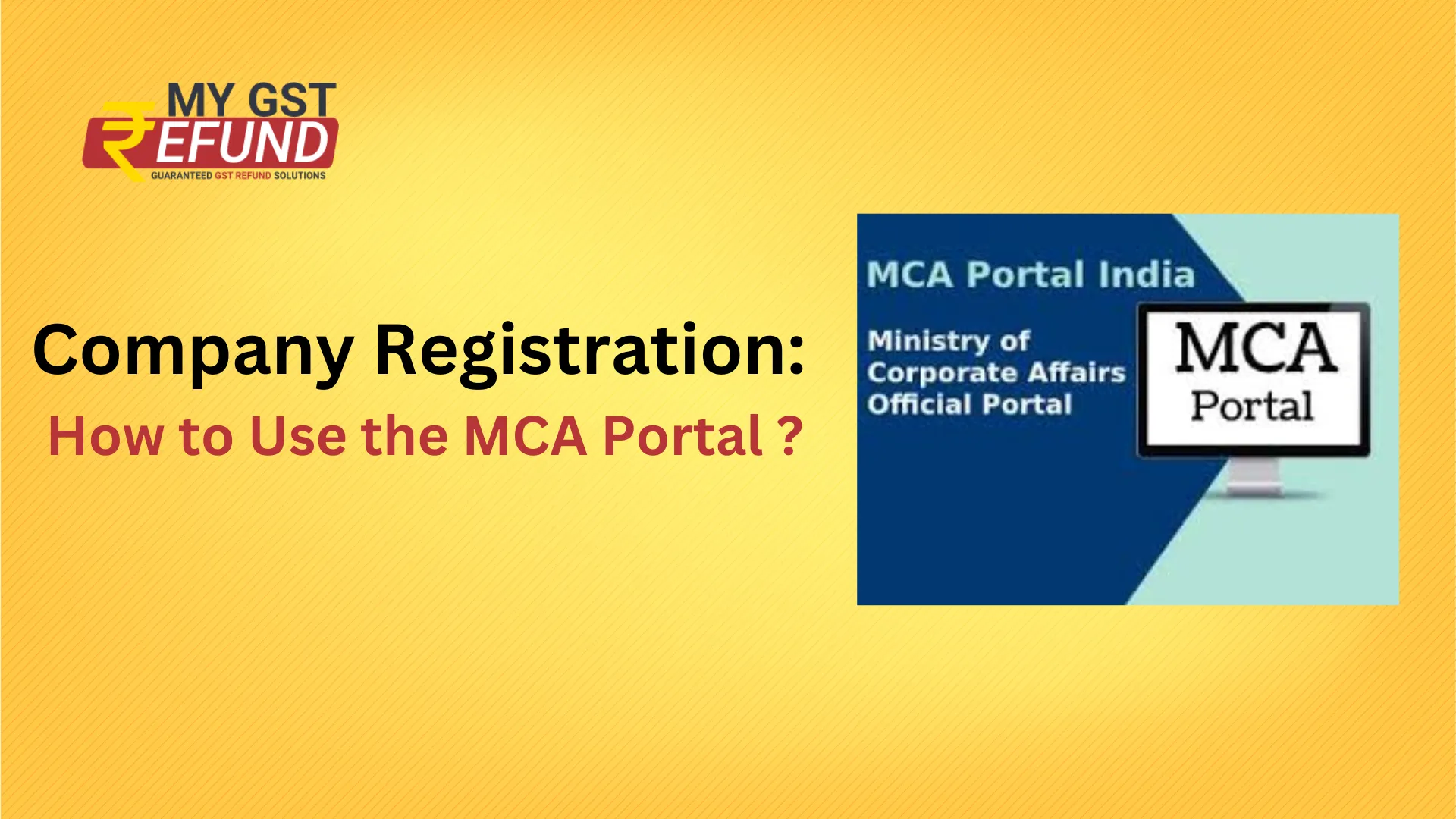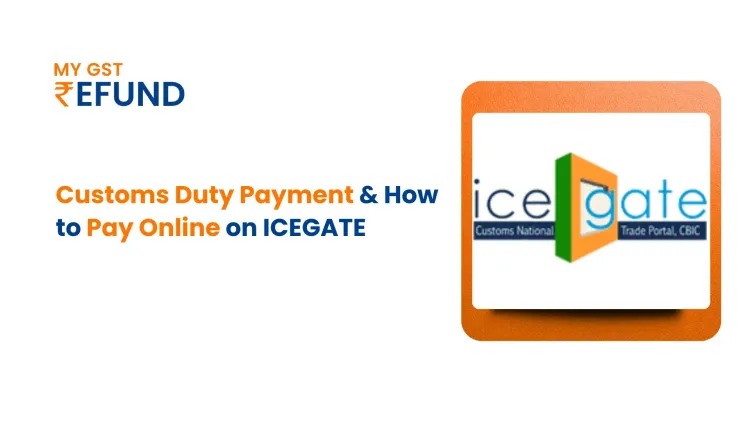Company Registration
Selecting the appropriate framework for your business is crucial. It's similar to choosing the right foundation for building a house. In India, it's mandatory for all businesses to register themselves as per the legal requirements. However, before moving into the registration process, it's essential to appreciate the various types of business structures available in the country.
Types Of Business Structure In India
Proprietorship Firm
A sole proprietorship is when one person starts and runs a business all on their own. It's perfect for small businesses where the owner doesn't invest a lot of money. The person who owns the business has complete control over it. They get to keep all the profits, but if the business loses money, they have to deal with that too.
Partnership Firm
When two or more people team up to start a business together, it's called a partnership. Everyone involved shares the profits equally, but they also have to deal with any losses the business might face. This kind of business is governed by the Partnership Act of 1932. It's a good option for small businesses run by a few people who don't invest a lot of money.
One Person Company[OPC]
Introduced in 2013, an OPC (One Person Company) is the top choice for starting a company if there's only one owner. It allows a single person to run their business while being part of a corporate setup. This type of company is registered under the Companies Act of 2013. It's great for small businesses that want to raise money.
Limited Liability Partnership[LLP]
An LLP (Limited Liability Partnership) is like its own legal person. This means that partners are only responsible for what they agreed to put into the business. To set up an LLP, you register it with the Registrar of Companies (ROC) under the Limited Liability Act of 2008. An LLP combines aspects of both a partnership and a company. It's perfect for businesses started by partners who want to limit their personal responsibility.
Private Limited Company[PLC]
A PLC (Public Limited Company) is seen as its own entity by the law, separate from the people who started it. The directors run the company's day-to-day operations. Shareholders, who are also called stakeholders, invest in the company and own part of it. To set up a PLC, you register it under the Companies Act of 2013 with the ROC. It's a good choice for medium to large businesses that want to gather funds from investors.
Public Limited Company
A Public Limited Company is formed by at least seven people according to the Companies Act of 2013. The directors take care of the company's business. It's like its own person in the eyes of the law, and the members are only responsible for what they've invested in shares. This kind of company is good for medium to large businesses that want to get money from the public.
Choose The Right Business Structure
It's super important to pick the right way to set up your business because it affects how you deal with taxes. Depending on what kind of business you have, you'll have different rules to follow. For instance, if you're a sole proprietor, you just need to file an income tax return. But if you're running a company, you have to do that plus send in annual reports to the Registrar of Companies.
Companies also have to get their accounts checked by auditors every year. Following all these rules means spending money on auditors, accountants, and tax experts. That's why it's crucial to choose the right setup when you register your company. You've got to think about what kind of rules you're okay with dealing with.
Some setups are more attractive to investors than others. Investors like putting their money into businesses that are set up legally and recognized. For example, they might be unsure about giving money to a sole proprietor. But if your business idea is backed by a recognized setup like an LLP or a Company, investors will feel more comfortable investing in it.
Process Of Registration Of Company In India
Digital Signature Certificate[DSC]
When you register your company online, you need digital signatures to submit forms on the MCA portal. These signatures are a must-have for all the people who want to be directors and for those who sign the Memorandum of Association (MoA) and Articles of Association (AoA).
To get digital signatures, you need to go to government-approved places. You can find a list of these places online. It's also possible to get digital signatures online in just two days. Directors and subscribers of MoA and AoA should get Class 3 digital signatures.
Director Identification Number[DIN]
If you want to be a director in a company, you need something called a Director Identification Number (DIN). This number helps identify directors. When you fill out the company registration form, you have to provide the DIN, name, and address proof for all the people who will be directors.
You can get a DIN while you're filling out the SPICe+ form, which is the company registration form. SPICe+ is an online form, and you can get DIN for up to three directors using it. If your company has more than three directors who don't have DIN yet, you can still register the company with three directors and add the rest later. They can apply for DIN by filling out a form called DIR-3, but only directors who are already part of a company can apply for DIN using the SPICe+ form.
Registration On The MCA Portal
To register a company, the director has to fill out a form called SPICe+ and send it through the MCA portal. First, the director has to sign up on the MCA portal to access the form and other services. Then, they can log in to fill out the form and submit documents.
Before filling out the SPICe+ form, the company needs to pick two possible names for itself. This is important because if the chosen name is too similar to another company's name or has certain prohibited words, the form won't be accepted.
If the form is rejected because of the name, the applicant has to try again with a new name and pay a fee. Once the chosen name is approved, it's reserved for 20 days. During this time, the company has to finish filling out the rest of the SPICe+ form, providing details about the company and directors, attaching documents, and submitting everything online.
Certificate Of Incorporation
After you fill out the registration form and send it in with all the needed documents, the Registrar of Companies will check everything. If everything looks good, they'll give you something called a Certificate of Incorporation for your company.
This certificate comes with PAN and TAN numbers given by the Income Tax Department. You'll get an email with the certificate attached, along with the PAN and TAN numbers.
Documents Required For Company Registration
To register an LLP, One Person Company, Private Limited, or Public Limited Company, you'll need to submit some documents. Here's what you'll need:
1. Documents of the Directors and Shareholders (Partners in case of LLP):
Proof of identification (like PAN card, Aadhar card, Driving license, or Passport).
Proof of address (like recent telephone or electricity bills, or bank account statements).
DIN (or DPIN for LLP) and DSC of all the directors (or partners in case of LLP).
2. Documents of the Company/LLP:
Proof of the company's registered office (like a rental agreement, landlord's letter of permission, or sale deed).
Memorandum of Association (MoA) stating the company's objectives and member liabilities.
Articles of Association (AoA) outlining the company's operating rules.
Conclusion
Choosing the right business structure in India is crucial for legal compliance and operational efficiency. From sole proprietorships to public limited companies, each structure has its benefits and requirements. Registering a company involves obtaining digital signatures, Director Identification Numbers, and submitting necessary documents online. After submission, the Registrar of Companies issues a Certificate of Incorporation. It's essential to understand the process and requirements to ensure smooth registration and legal recognition for your business venture.
FAQs
Q.1 Is registration compulsory for one person company?
Ans. For incorporating your business as one person company,you need to provide proper identity and address proof. The documents are required to be submitted to the registrar of companies.
Q.2 What is the full form of the MCA portal?
Ans. Ministry Of Corporate Affairs
Q.3 What is the DIN number ?
Ans. The Director Identification Number (DIN) from MCA is a special 8-digit code given by the government. It's for people who want to be directors of companies or already are. Once you get a DIN, it's yours forever.
Related Posts








